Penny Lane has long built a career exploring people’s lives and ideas through her insightful documentaries. With a knack for finding deeper truths in unusual places, from political scandals to religious movements, she lets her subjects’ voices shine through. In her latest film, though, Lane takes a more personal turn.
She tells of deciding, around two years ago now, to donate one of her healthy kidneys to a complete stranger in need. Lane chose to become an “altruistic donor,” gifting an organ anonymously without expectation. Curious about the science, history, and ethics around this little understood act of selflessness, she underwent the surgery. Yet Lane also felt compelled to make a film exploring such donors’ motivations.
What began as a medical procedure became a journey of discovery. Through meeting others who’ve done the same and experts in fields like neuroscience and bioethics, Lane seeks to understand why people make such sacrifices of their own bodies for someone they’ve never met. In doing so, she provides a rare window into the nature of human compassion itself.
Coming to a Decision
Penny Lane wasn’t one to make big life choices on a whim. But something stirred in her a couple years back. Life had dealt her a pretty good hand. So she started thinking about how she could give something to someone in need.
Donating a kidney seemed like a real option. She’d be OK with one, after all. And for the recipient? It could mean everything. Lane dove into learning all she could. What actually happens in a donation? The risks involved? And what makes someone want to do this for a total stranger?
Of course, being Penny Lane, she also wanted to make a film about it. Not because she needed praise or anything—the idea kind of just took shape as she wrapped her head around this big decision. Filming the process might also motivate others to consider donations one day too.
So off she went. Lane would chat with all sorts—those who’d donated before, doctors performing the operations, even researchers studying what makes humans capable of such generosity.
Through it all, her own journey was the most fascinating. From initial excitement to understandable nerves as the surgery grew closer. But Lane pressed on, determined to understand her motives as much as others’.
By the end, she was left with even more questions than answers. But one thing was clear: through will and modern medicine, we’ve come so far in giving life. Even so, swathes still die waiting. Maybe her film could change at least a few minds on that.
Perspectives on Giving
Penny’s film tackles some heavy themes. What does it really mean to be selfless in today’s world? And how do our motivations get all tangled up?
Living in this day and age, it’s near impossible to keep up with every problem flashing across our screens. Do we care just as much about strangers thousands of miles away as those next door? How do we stay good when everything’s moving so fast?
Penny wanted to help by donating a piece of herself. But being such a curious soul, she needed to understand it better too. And making a film turned out to give new perspective on her own choices.
The experts provided insight into how we’re wired too. Some people seem to feel others’ suffering deeper. Their brains literally look different! But does that mean the rest of us can’t find compassion? And where does biology end and free will start when it comes to giving of ourselves?
Through it all, Penny learned her motivations weren’t as simple as she first thought. Helping a stranger became as much about helping herself process what she’d done. How we see our good deeds depends on the lens we view them through.
Even those who gave the greatest gift found it complicated. Penny gives a rare look into how acts of sacrifice play out in real life—and it ain’t always pure or clear-cut. But her film is a reminder that kindness still counts, no matter the mix of reasons behind it.
Capturing a Journey
You gotta hand it to Penny; she knows how to craft a story. Even putting herself front and center, her direction stays sharp.
Lane lets the others do the talking. You can tell she listened deeply to each person. We get their insights straight, no shaping or interrupting. It’s intimate.
Yet seeing Penny open up brings it to another level. Her computer diary offers snapshots of raw, real thoughts. Donating an organ’s no easy thing! Lane doesn’t shy away from doubts.
The brain scan too—what a brave move. Laying herself bare visually and literally. It sparks questions Lane clearly loves exploring.
Schemes like opening scenes with our curious friend’s Mac suggest interest in visual style too. But films thrive on substance.
Details like donated organs “pinkening up” under a surgeon’s skilled care ground the experience in humanity. As does hearing straight from those who’ve walked the path.
Together, it’s captivation. We feel Penny’s journey with her. The personal gives global issues a heart. Her voice guides simply yet profoundly throughout this affecting adventure.
Shining a Light on Generosity
You gotta hand it to Penny—putting herself out there like she did. But that’s what makes her story so real.
She isn’t afraid to show nerves or doubts. See her wrestling with it all in candid moments is what feels so honest. You can see the struggle, but also her drive to understand.
The others who shared their stories—wow. To take that step of giving a piece of yourself to a stranger so they might live. Their smiles shine with meaning.
Even the scientists had some personal tales behind their work too. Like that researcher and her brush with death that set her seeking life’s deeper meanings.
As for the doctors and surgeons, their care for people is simply humble. One guy practically glows at the thought of a donated organ coming back to vibrant life.
It brings a warmth knowing such caring souls move heaven and earth that others might carry on. Even in sorrowful times, shining lights lift us.
Through it all, Penny keeps her gentle hand, making space for each to offer what they will. Her film is richer for welcoming all these shine their lights within its frame.
Questioning Generosity
Penny’s film raises all sorts of questions, but it isn’t so simple as to provide answers. Because when it comes down to what makes a good person, things can get messy.
Donating a kidney seemed cut and dry for Lane at the start. But going through it, her thoughts took twists she didn’t expect. Seeing how complex it was for her got me thinking too.
Nowadays, with the whole world’s problems crammed together online, how do we know what help matters most? Penny shows how morality ain’t so black and white. Different choices could suit different people equally well.
The film looks at how giving became more normal over time. But organs remain scarce when lives depend on them. Are our natural wires just too cautious of outsiders? Or do modern ways pull us apart too much?
Most of all, Lane leaves you realizing goodness gets blurry up close. Nobody’s a saint, and dedicating part of yourself brings uncertainty as much as pride. Her journey challenges what seem like easy judgments.
By sharing her own puzzles so openly, Penny helps remove the glass between “them” performing acts of sacrifice and regular folks like “us” witnessing them. Her film is a mirror reflecting how even basic goods get complex once you think them through.
Reflections on Generosity
Man, Penny sure takes you on a journey with this one. Her willingness to lay herself bare is something else. But it leaves you thinking long after too.
Through it all, she keeps her gentle hand, making space for every perspective. Even wrestling with her own uncertainties, she guides with grace. By the end, more questions bloom than answers—as with life’s deepest matters.
Yet her film spreads light. We glimpse humanity’s capacity for giving through vibrant heroes like the surgeons. And courageous souls who lend an ear to open pathways in themselves.
While Penny’s steps may remain her own, she charts them with care for anyone walking similar terrain. In uncaring times, that gentle lamp shows a truer way forward—each in our own style, elevating one another a little.
Though heavy topics bring no easy fixes, works like this can stir us to think beyond routine and reach within our power. For opening thoughtful conversation, Penny deserves praise. Her film enriches all who engage with empathy, curiosity, and maybe just a bit more kindness.
The Review
Confessions of a Good Samaritan
In thoughtful, nuanced ways, Penny Lane's film Confessions of a Good Samaritan sparks thoughtful reflection on life's deepest questions of morality, community, and humanity's capacity for empathy. Through her disarming vulnerability and gifts as a storyteller, Lane has crafted a moving and impactful work that will linger long after viewing.
PROS
- Penny Lane's raw and insightful performance
- Thought-provoking exploration of complex themes like altruism
- Diverse array of intriguing interview subjects
- Strikes emotional chord through personal medical journey
- Captures universal aspects of human generosity and doubt.
CONS
- Some scenes feel overlong and repetitious at points.
- Story could have probed emotional depths a bit more.
- Musical score is a tad cheesy at times.









































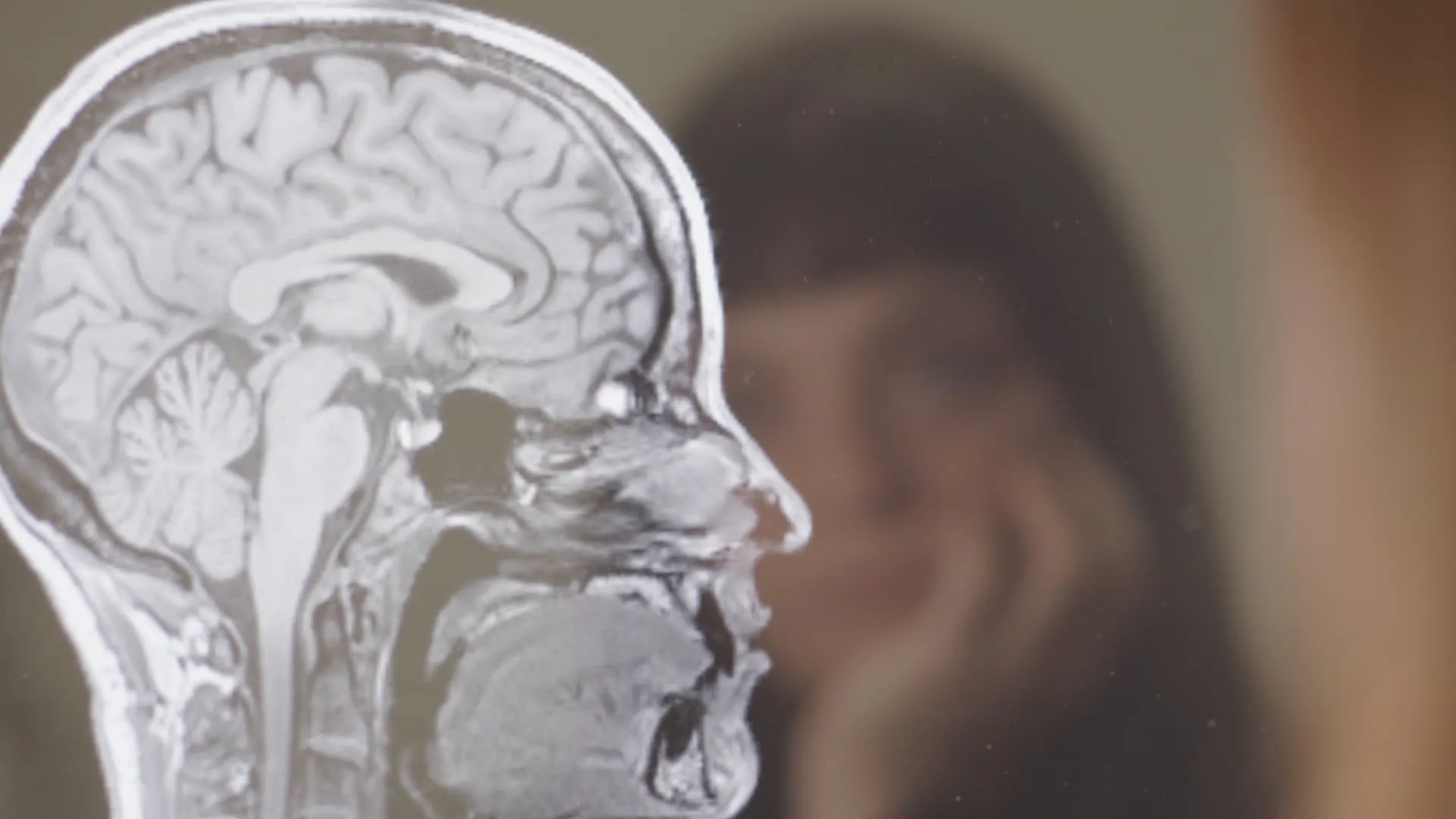
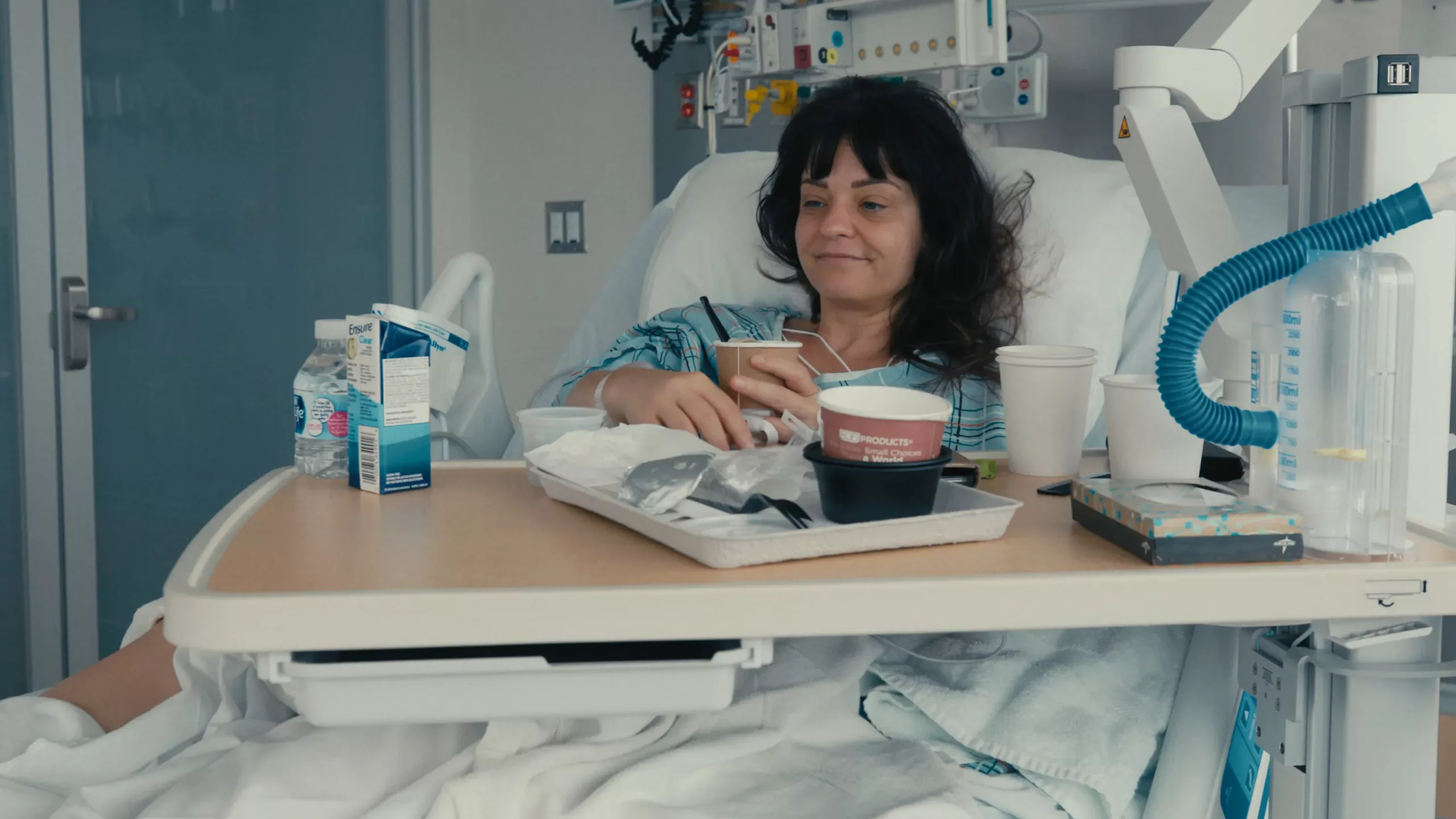
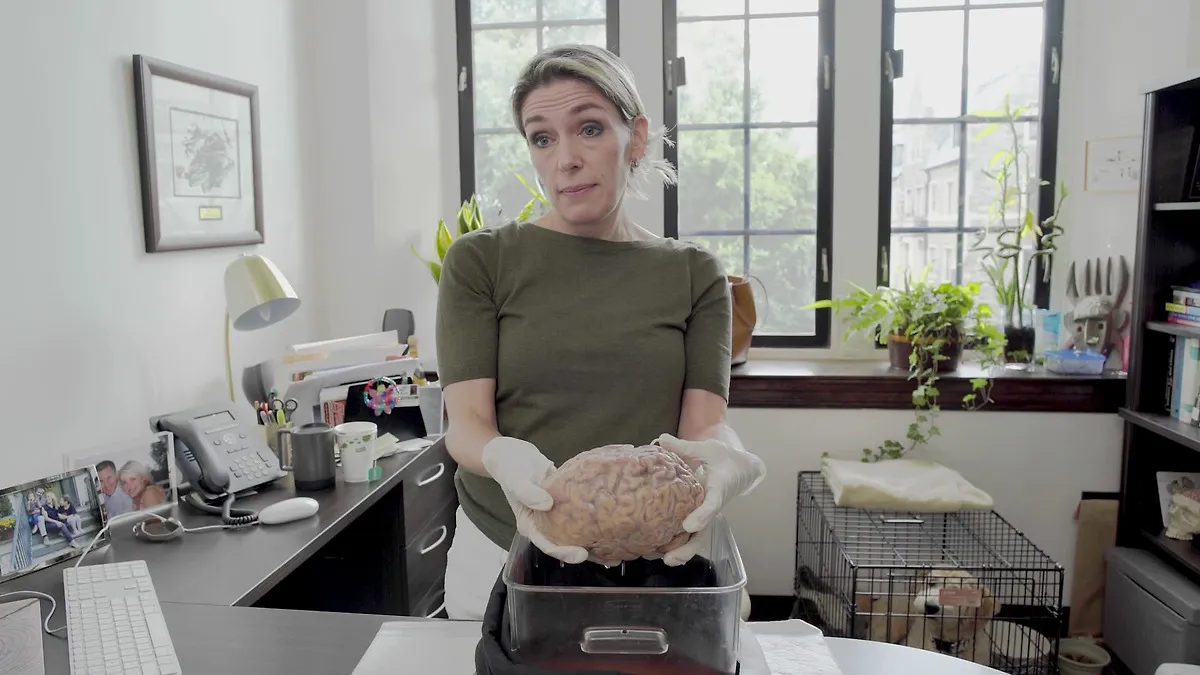
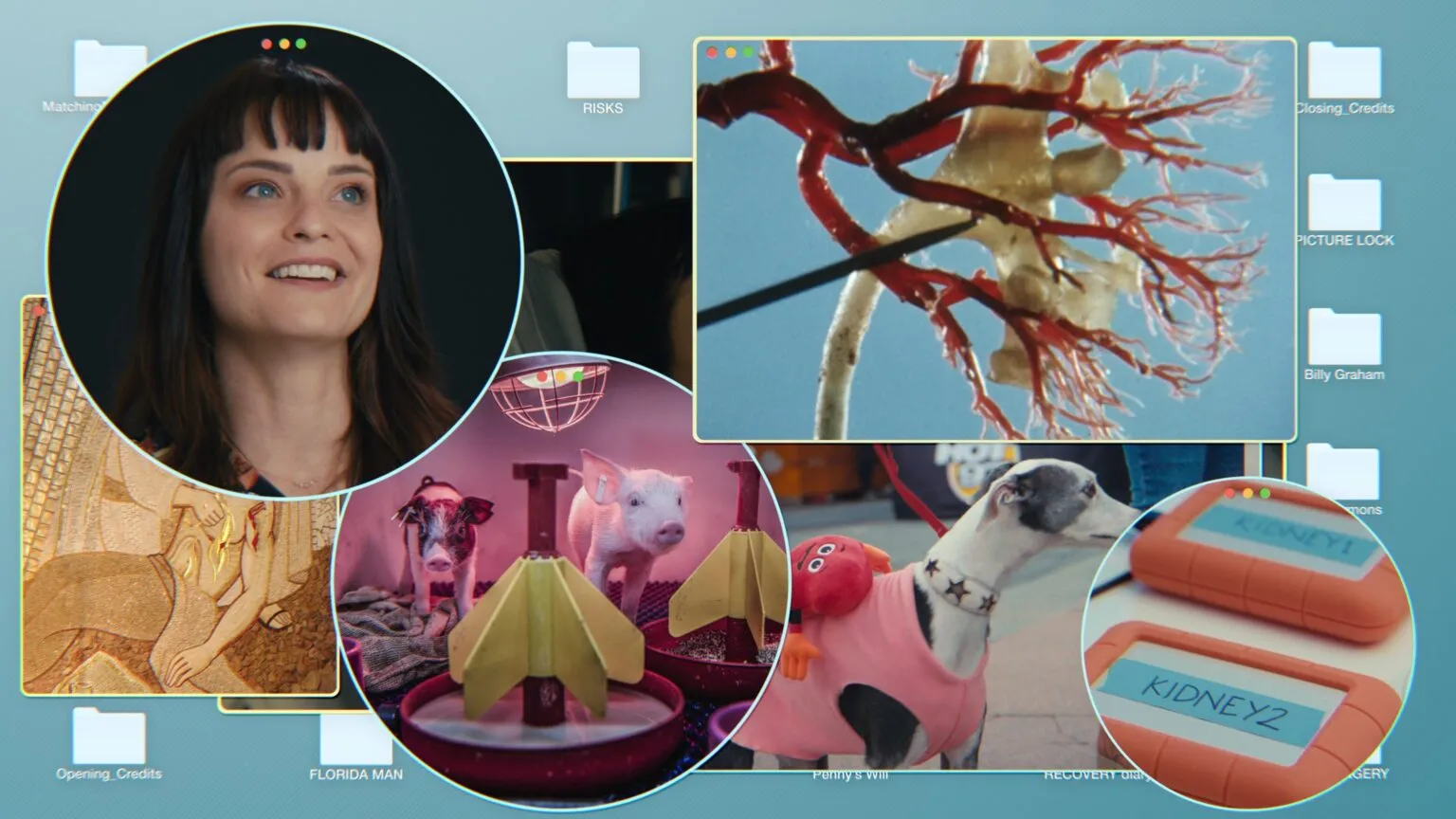


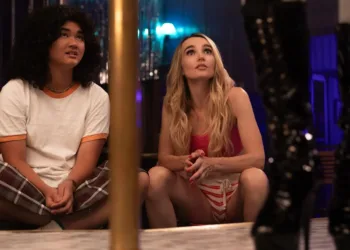





Discussion about this post